Etwinning-collaboration starts
The aim of this collaboration project was that the student develops his information retrieval skills and source criticism, skills to communicate and collaborate using technology and his team working skills. The collabration was planned by Finnish teachers Johanna Lampela, Luxemburg, and Mirjami Hyttinen, Ylitornio. The collaboration project had 22 students from Ylitornio and 14 students from Luxemburg.
The collaboration between The European School Luxemburg I and Ylitornion yhteiskoulun lukio started with introducing each other your own environment at the beginning of October 2017. The students of Luxemburg made their presentations on Padlet, the students in Ylitornio made four videos for presentations. This was to make the debating easier and to get to know each other. The project was documented on the web site of Ylitornion yhteiskoulun lukio.
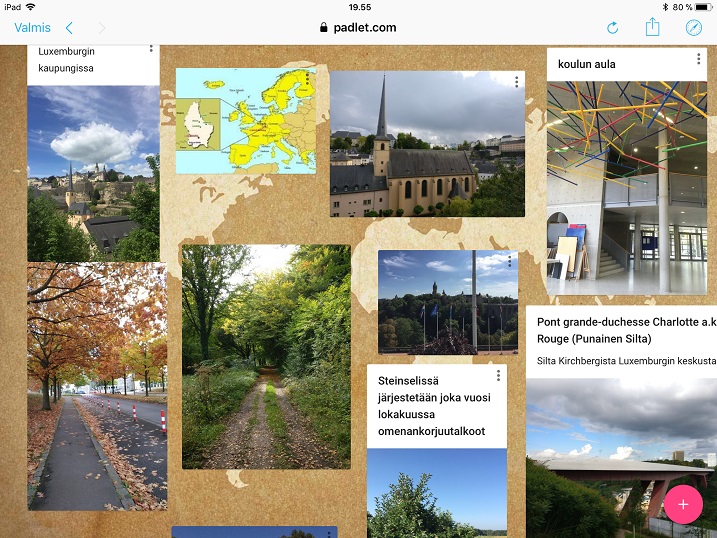
It became clear that Luxemburg and Ylitornio are very different surroundings. Then students of both schools manufactured two debating subjects. The teachers decided randomly the sides for the debate.
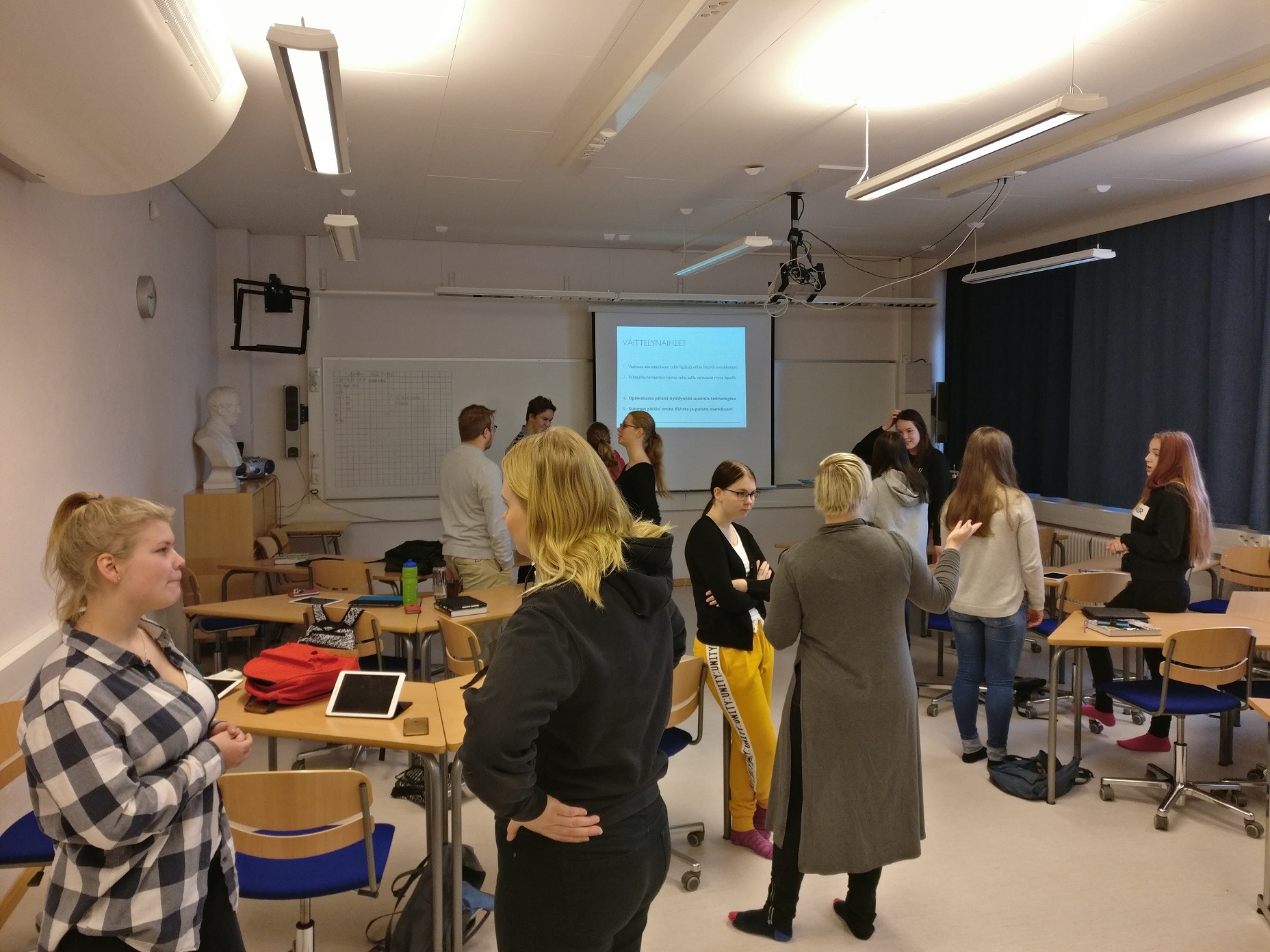
Planning the debate using Padlet
The students planned their arguments in groups and used the same Padlet for each debate. This was the make the participants aware of the arguments of the opposite side. Here is an example of how padlet was used by the debating group.
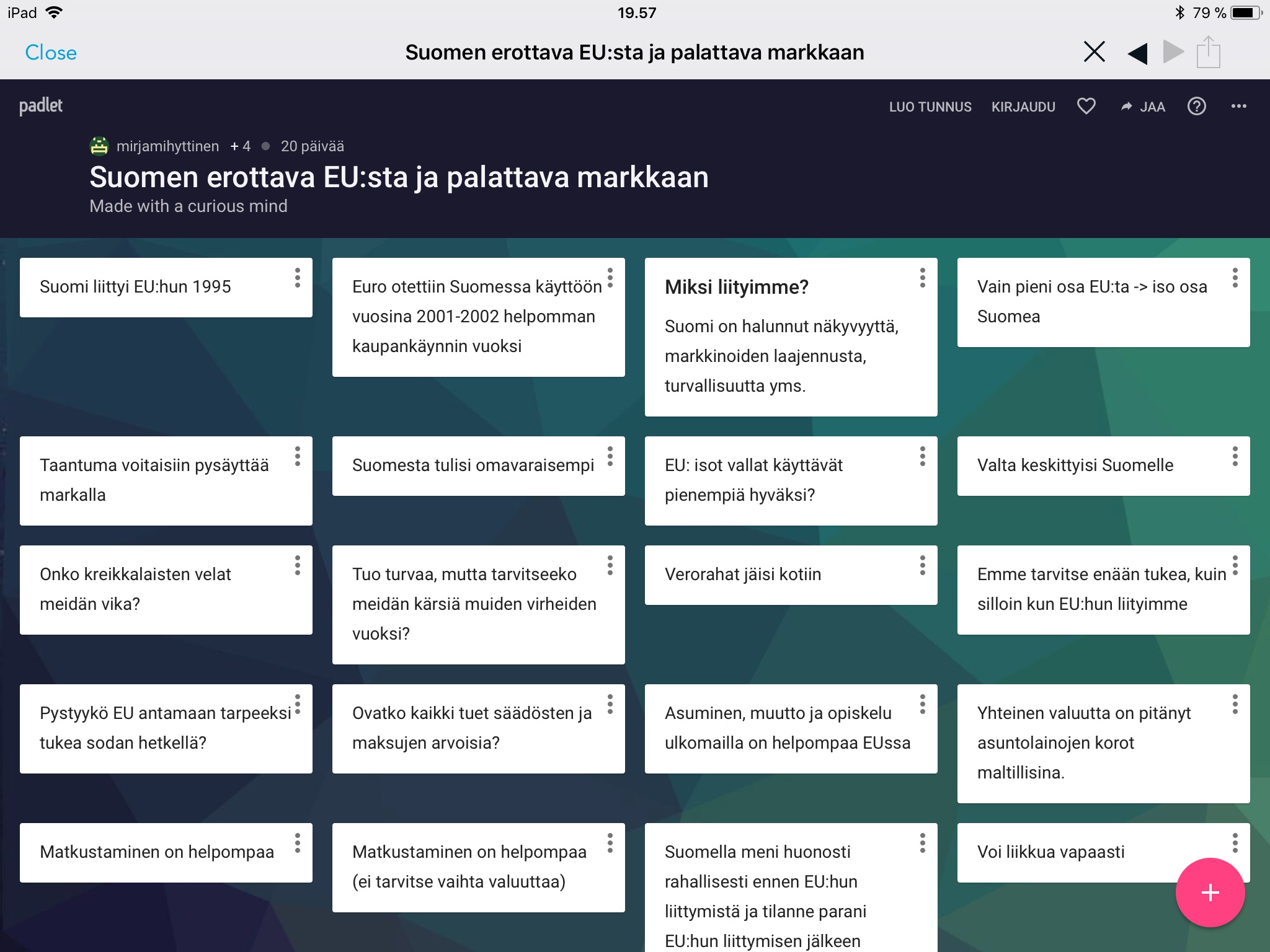
Debates using Skype
The internet turned out to be an important educational tool when the second year upper secondary school students from Ylitornio debated controversial topics with the students from the European School Luxembourg I. There were four team debates using Skype videocalls in the classroom.
The collaboration project started with an introduction to school life in both countries. Students collected photos and short video clips on Padlet, a shared collaboration platform. Before the debates, each team prepared and collated arguments supporting their opinion on the subject. Arguments were also collected on a shared platform on Padlet and they were accessible to the debate opposition. The students were encouraged to role-play. This meant that they defended an adopted opinion and had to forget what their own views were on a subject.
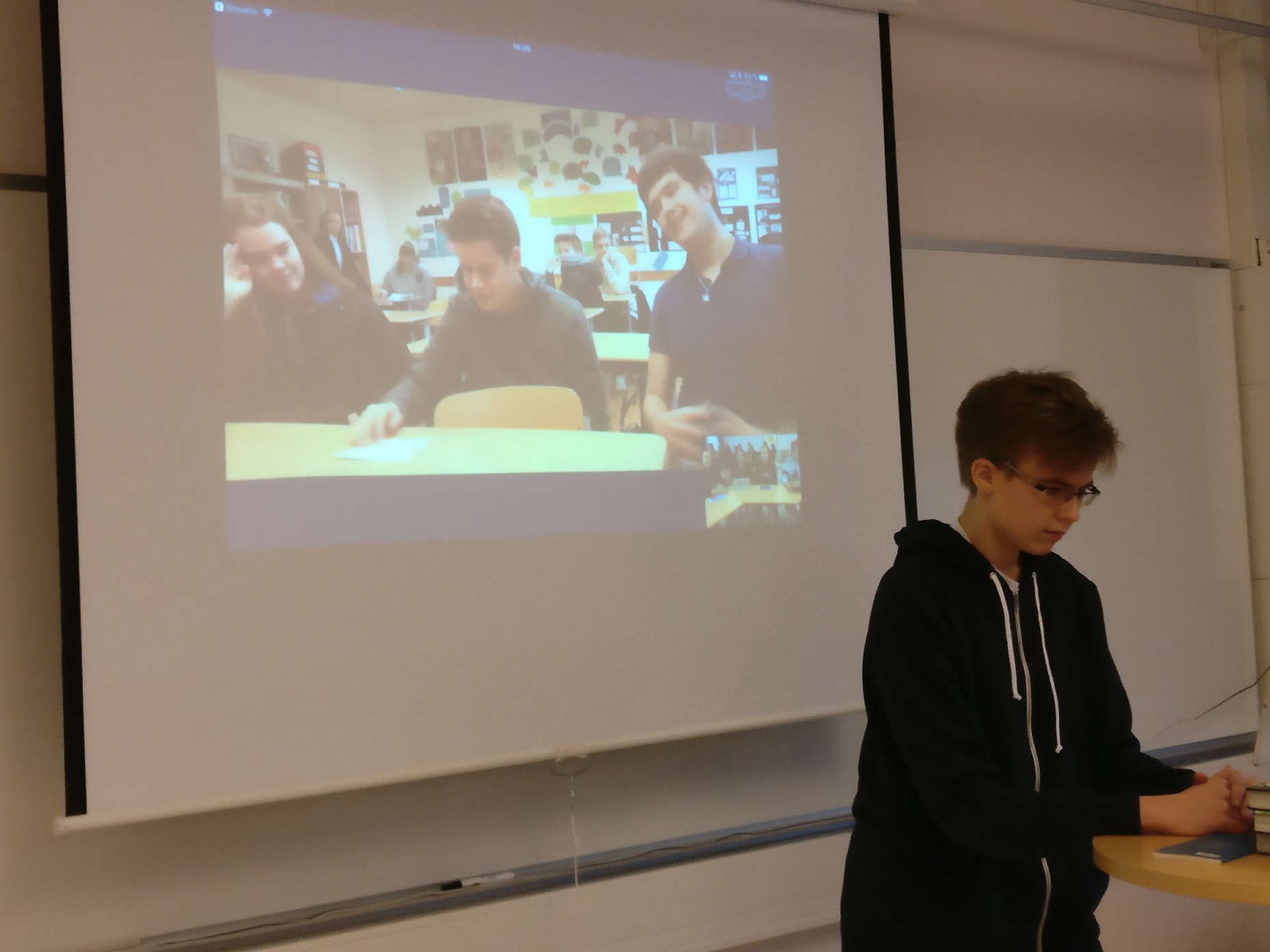
The topic of the first debate was related to society: the students from Ylitornio were supporting the view that voters should pass a test measuring their knowledge of society before getting the right to vote. The students from Luxembourg were against that opinion and justified their opinion by citing human rights.
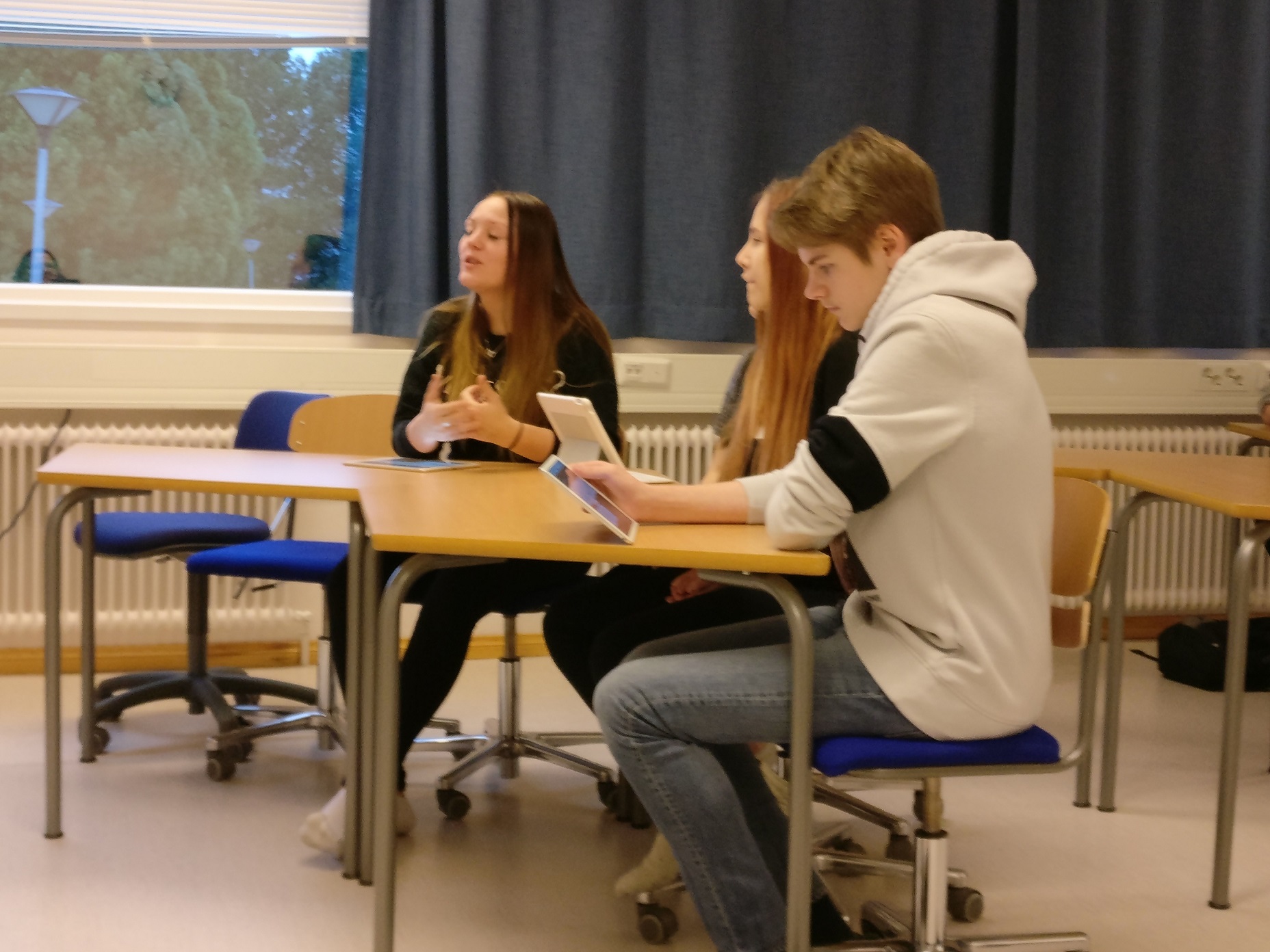
In the second debate the students from Ylitornio argued against allowing children to use slot machine games, even if supervised. The students from Luxembourg produced arguments for allowing children to use slot machine games, albeit under supervision. Both points of view were supported by very good arguments.
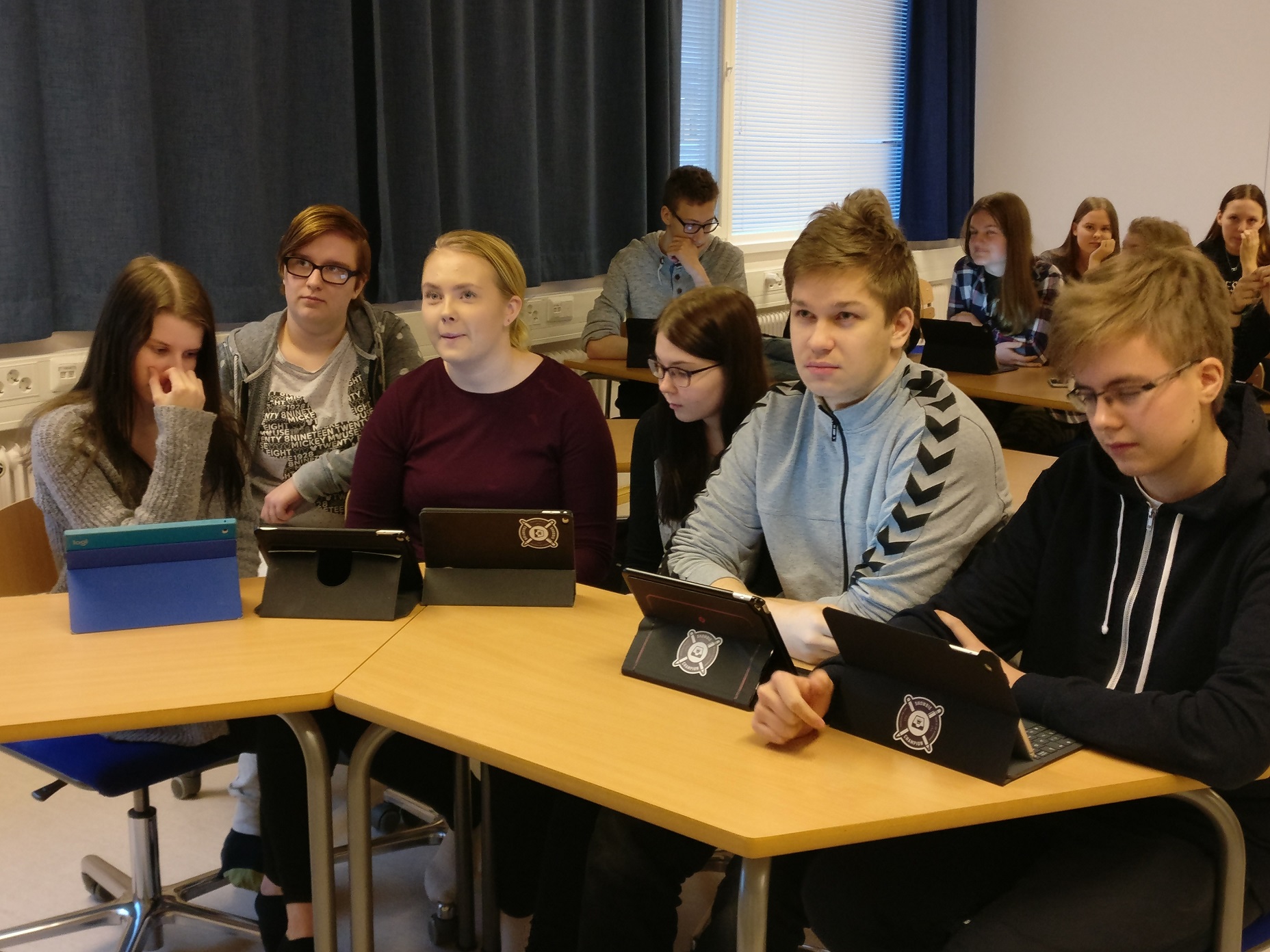
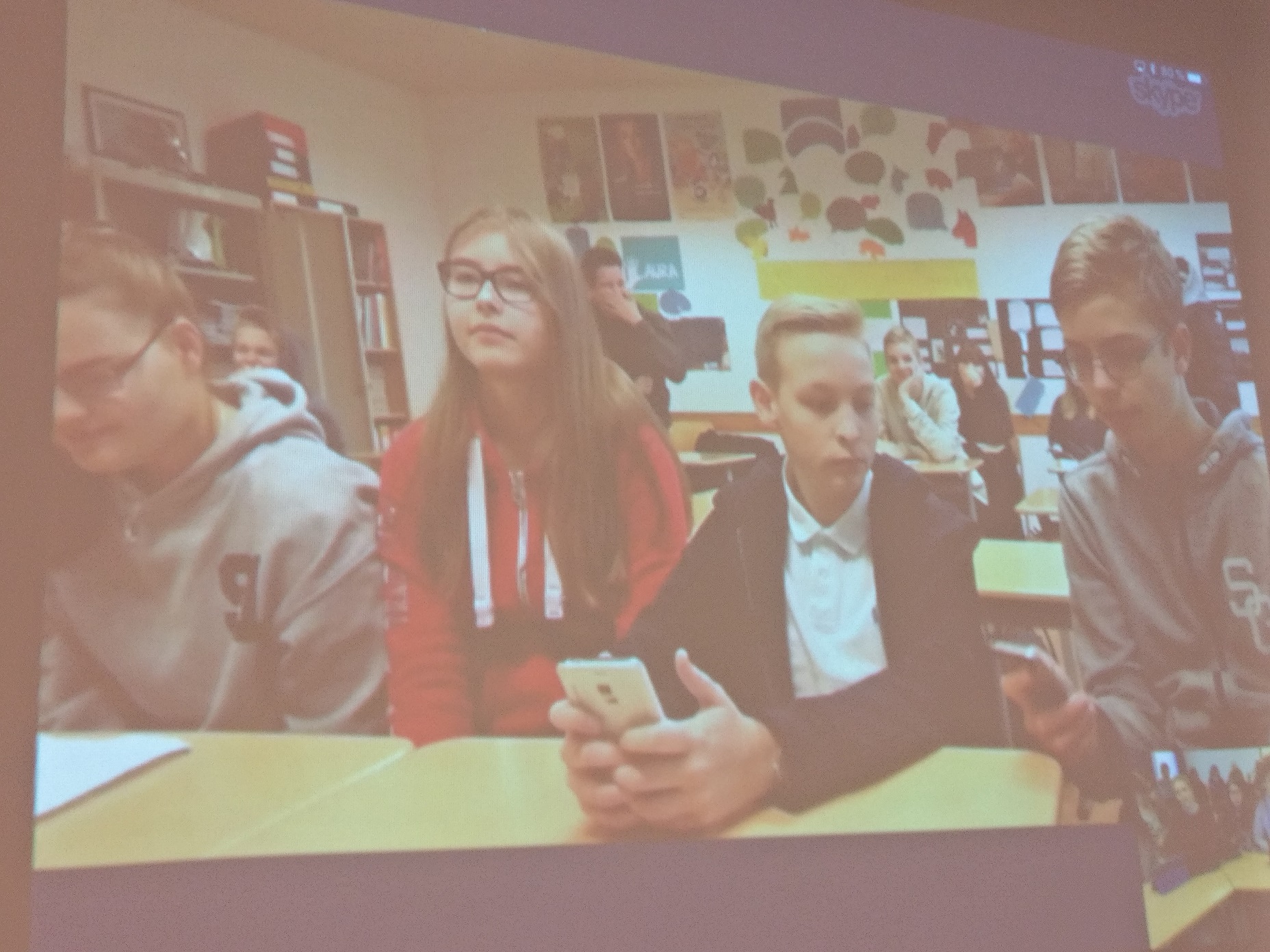
The Luxembourgish students in the third debate held the view that the latest digital technology should be used in studies. The Finnish students were against. This was a useful exercise, even though the opinions of the teams didn’t represent their opinions in the real world. It shows that in almost every controversial topic there are arguments for and against.
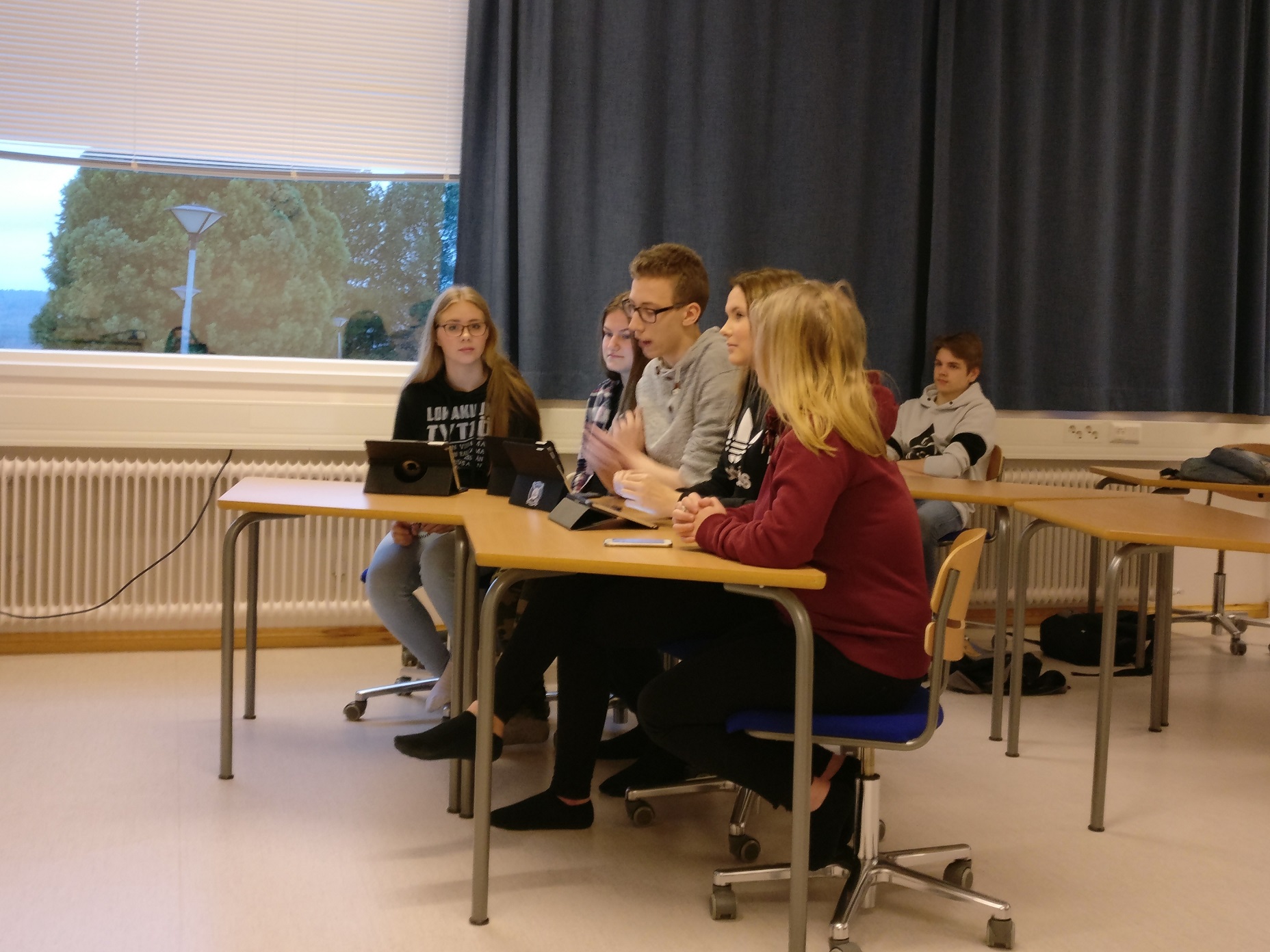
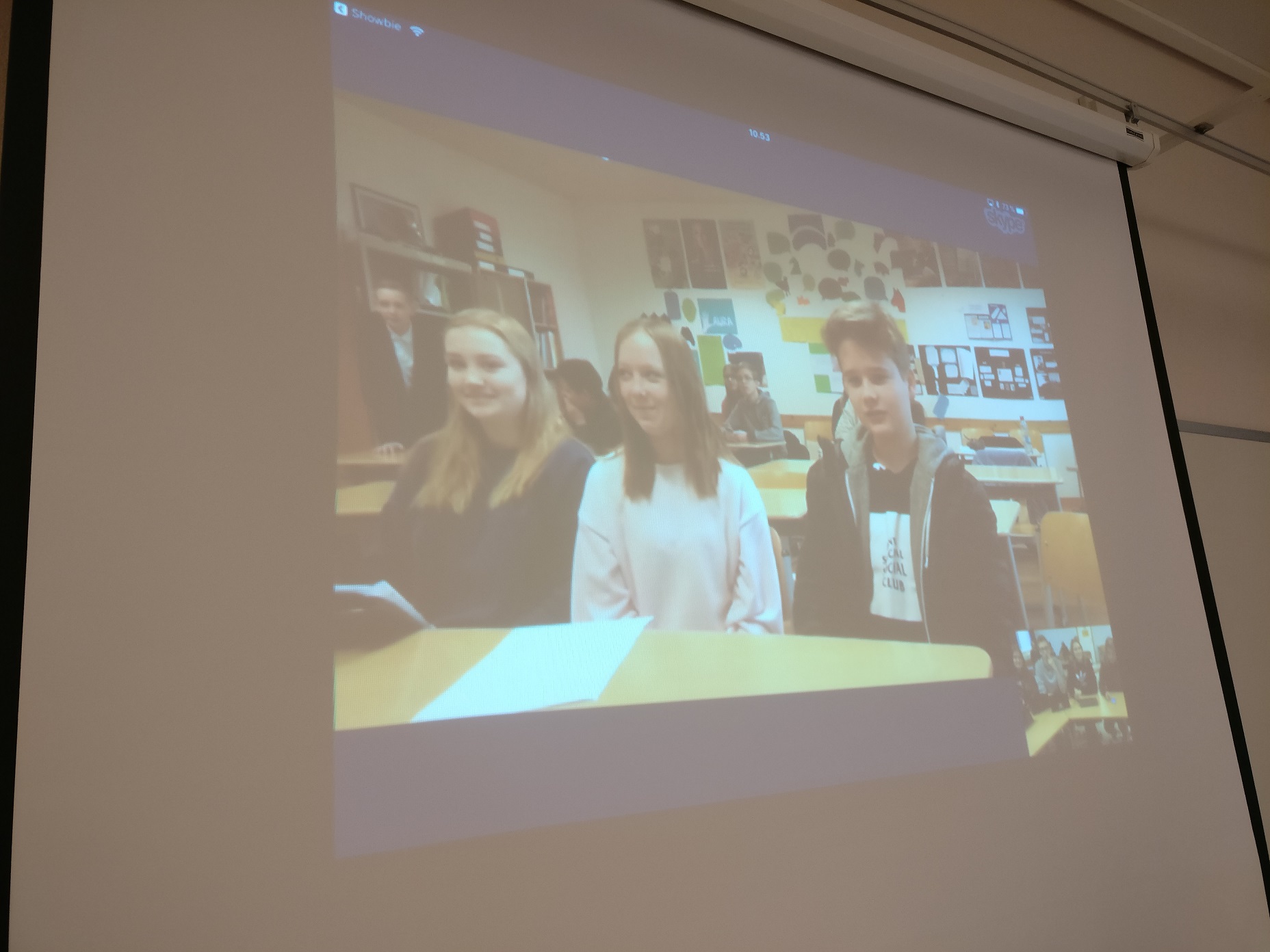
In the fourth debate the Luxembourgish students were of the opinion that Finland should remain in the European Union and its monetary union. The Finnish students were against this and argued in favour of Finland leaving both the EU and its monetary union.
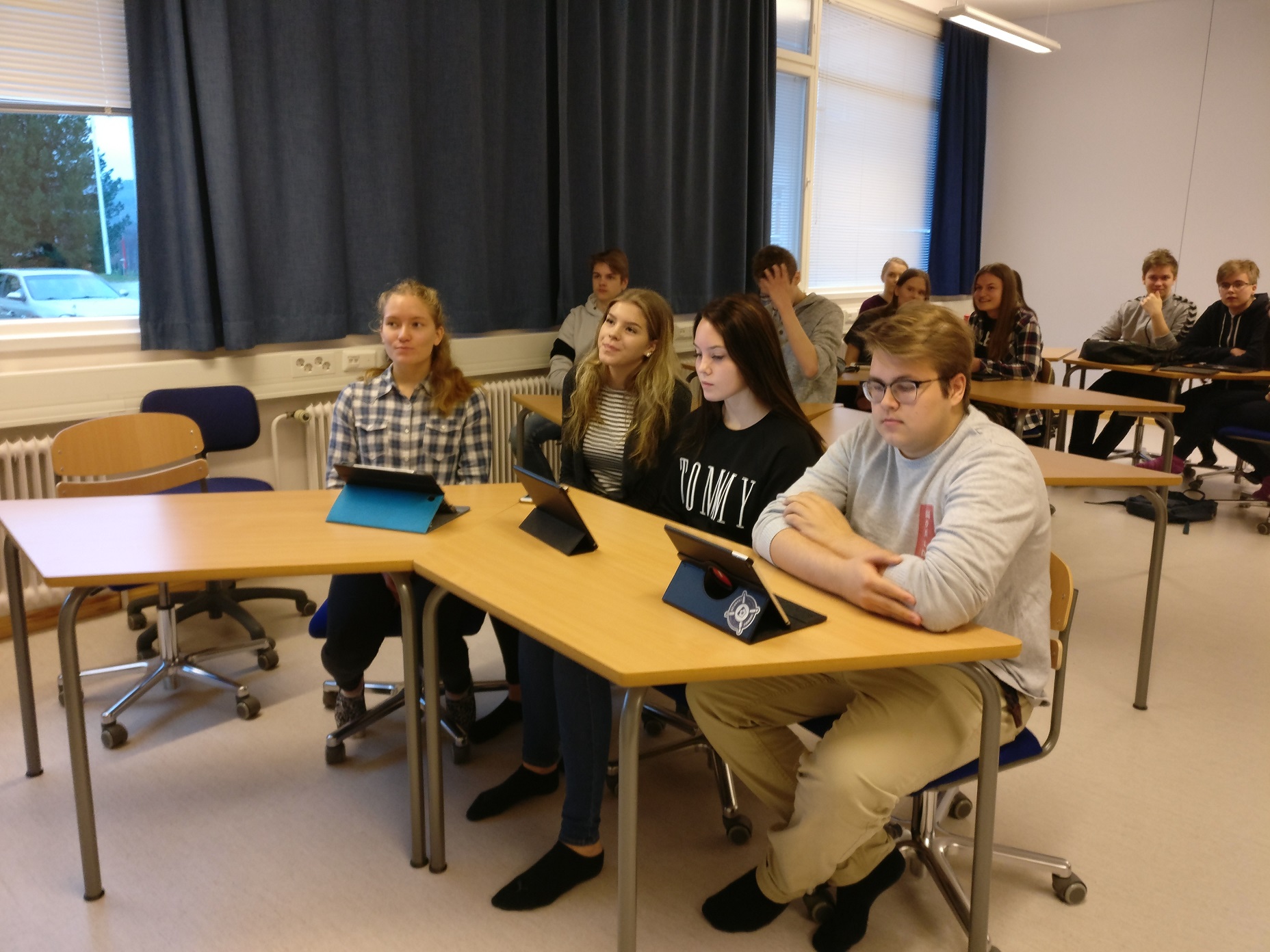
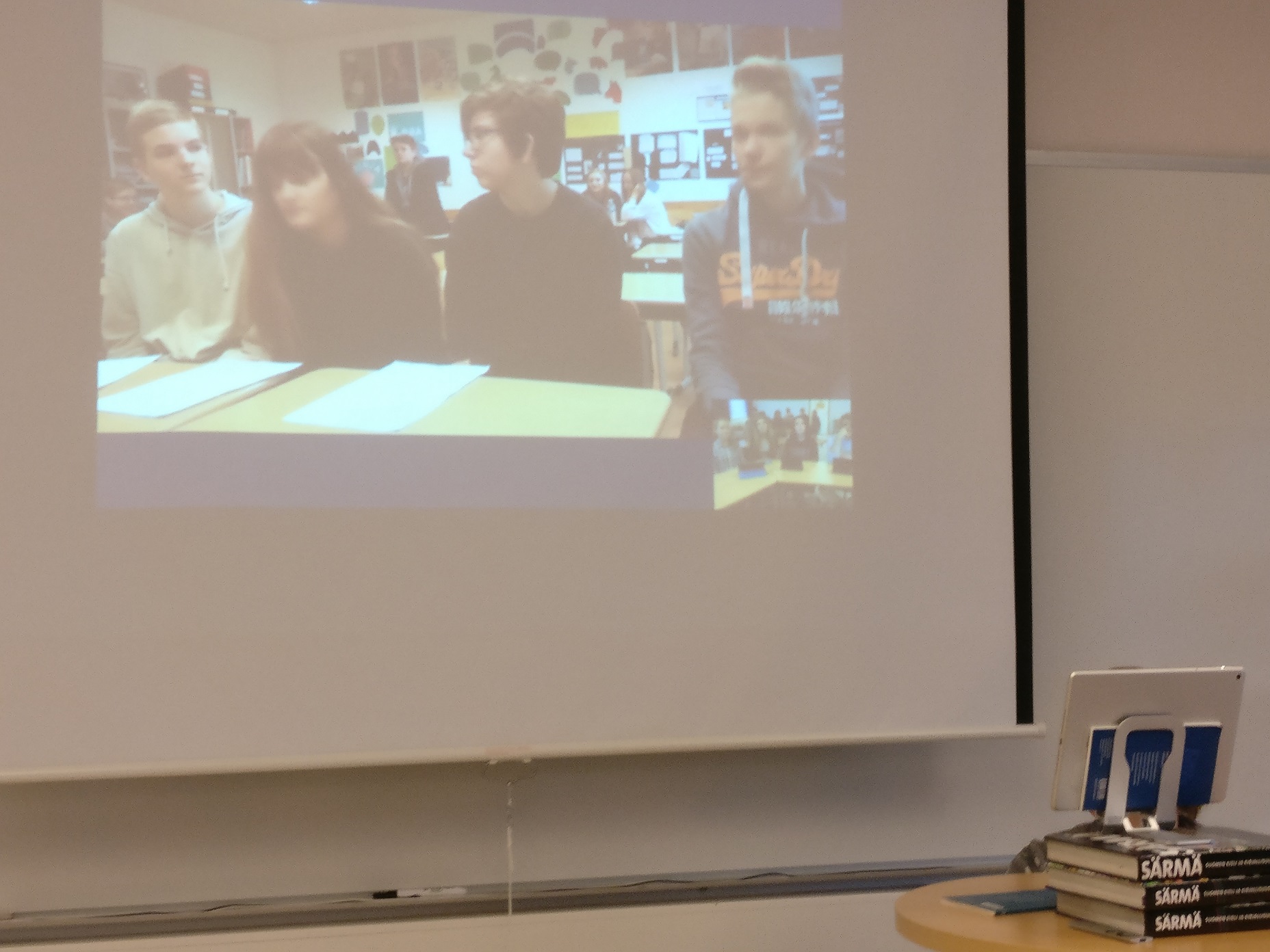
Teacher Johanna Lampela from the European School of Luxembourg moderated the debates in a clear manner. The project planning beforehand involved co-operation between Mirjami Hyttinen from Ylitornio, Finland and Johanna Lampela, who have collaborated by using digital devices and platforms for their co-projects for several years. There will definitely be new projects in future, including more debating exercises featuring controversial topics.